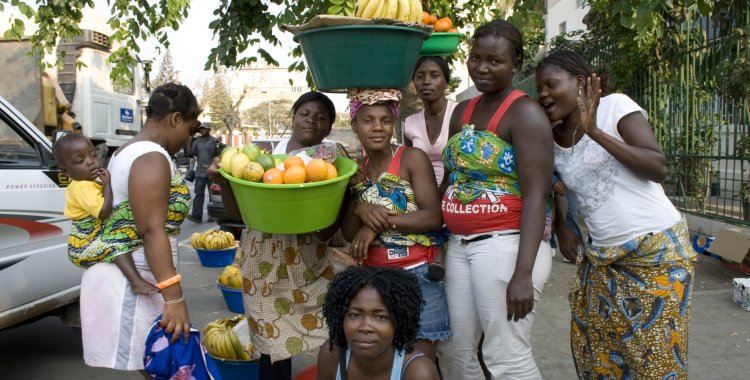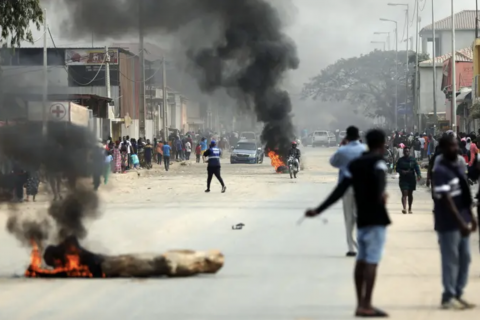According to Elsa Barber, Secretary of State for Family and Women's Promotion, the guide is intended for the State to "respond, in a dignified manner, to the challenges assumed in relation to the improvement of conditions for women and girls in the country.
The document was presented this Thursday, in Luanda, by civil society, mainly organizations that work in defense of women's rights.
Elsa Barber said at the opening of the meeting that the brochure contains information received from CEDAW regarding the progress made, as well as the conclusions and recommendations "that are placed in the stage of development in which the country finds itself".
"To work together in monitoring and controlling the implementation of the legislative and political measures we have set out to achieve," she stressed.
Angola ratified CEDAW in 1984 and the Optional Protocol in 2017. In February 2019, the country defended before the Committee for the Elimination of Discrimination Against Women its seventh periodic report.
The government stated that the executive is "seriously committed" to the prevention, protection and promotion of the rights of the most vulnerable groups of the population, among them women.
Methodologies of action "are permanently tested" in the country, she pointed out, mentioning that mechanisms of "concertation, articulation, monitoring and inspection of the multiple actions" that are developed in the country by public and private institutions.
These actions, he explained, aim at "reinforcing the articulation in the scope of the social response in favor of women and the protection of their rights".
In the areas of women's empowerment and training, their social insertion and in the different levels of decision making, Angola "continues to register satisfactory results," according to Elsa Barber.
The implementation of the National Policy for Gender Equality and Equity, she said, provided the "rise of a considerable number of women to decision-making positions, despite registering a small setback, fruit of the new social dynamics.
According to the Angolan Secretary of State, women are represented 30.5 percent in parliament and 38 percent in the state apparatus.
"Preventing and combating gender-based violence, particularly against women, is one of the challenges the state is facing. We continue to work on strengthening family awareness and accountability," she concluded.







